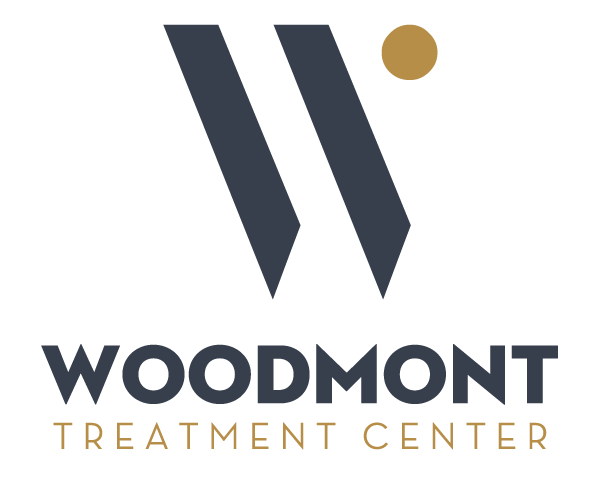Addiction is a complex and deeply personal struggle that affects not only the individual using substances but also their family, friends, and loved ones. Watching someone you care about battle addiction can be heartbreaking, filled with moments of fear, frustration, and helplessness, leaving one wondering how to help an addicted loved one. It is important to remember that recovery is possible, and the support of loved ones can play a crucial role in this journey. Understanding the signs of addiction and knowing how to provide meaningful, compassionate support can make a significant difference in your loved one’s path to recovery.
Recognizing the Signs of Addiction
The first step in helping a loved one with addiction is recognizing the signs that they may be struggling. Addiction doesn’t always look the same for everyone, and it can manifest differently depending on the substance involved, the individual’s mental health, and their circumstances. However, some common physical, behavioral, and emotional indicators may suggest a substance use disorder. Knowing how to help an addicted loved one always starts with recognizing that there is a problem that needs to be addressed.
Physical Signs
- Weight Loss or Weight Gain: Sudden, unexplained changes in weight can indicate substance abuse.
- Poor Personal Hygiene: Neglecting basic self-care, such as bathing, grooming, or wearing clean clothes, is a common sign.
- Changes in Sleep Patterns: Excessive sleepiness or insomnia, depending on the type of substance used.
- Physical Marks: Track marks on arms or legs from intravenous drug use or frequent nosebleeds from snorting substances.
- Bloodshot Eyes or Dilated Pupils: Many drugs cause noticeable changes in the eyes, such as redness or unusually large or small pupils.
Behavioral Signs
- Secrecy and Isolation: Spending excessive time alone or avoiding family and friends to hide drug use.
- Financial Problems: Frequently asking for money, stealing, or selling personal items to fund their addiction.
- Decline in Work or School Performance: Missing work, dropping grades, or losing interest in previously important activities.
- Mood Swings or Aggression: Unpredictable behavior, sudden anger, or extreme emotional reactions.
- Loss of Interest in Hobbies: Abandoning hobbies, sports, or social activities once enjoyed.
Psychological and Emotional Signs
- Anxiety or Paranoia: Increased nervousness or irrational fears.
- Depression or Hopelessness: Persistent sadness or a lack of motivation.
- Memory Problems or Confusion: Difficulty concentrating, remembering things, or making decisions.
- Denial or Defensiveness: Refusing to acknowledge their substance use or becoming defensive when confronted.
How to Help an Addicted Loved One
Supporting a loved one struggling with addiction can be challenging, but it is possible to offer meaningful help without enabling their behavior. Here are some steps you can take to provide the right kind of support:
Educate Yourself About Addiction
Understanding addiction as a chronic, complex disease rather than a moral failing is a crucial first step. Educate yourself about the nature of substance use disorders, the risk factors involved, and the physical and psychological effects of addiction. This knowledge will help you approach your loved one with empathy and clarity, reducing the likelihood of judgment or blame.
Communicate with Compassion
When discussing addiction, choose your words carefully. Avoid accusatory language or harsh criticism, as this can lead to defensiveness or withdrawal. Instead, express your concerns in a caring, non-judgmental manner. Use “I” statements, such as, “I’ve noticed you seem different lately, and I’m worried about you,” to encourage open dialogue without making the person feel attacked.
Set Healthy Boundaries
While it’s natural to want to protect a loved one, it’s essential to set clear boundaries to prevent enabling their behavior. This might mean refusing to give them money, not covering for them at work or school, or insisting on sober interactions. Boundaries are not about punishment but about creating a safe, supportive environment that encourages recovery.
Encourage Professional Treatment
Addiction is a powerful disease that often requires professional intervention. Encourage your loved one to seek help at a reputable treatment center, such as Woodmont Treatment Center, where they can receive comprehensive care, including detoxification, counseling, therapy, and ongoing support. Offer to help them research treatment options, make phone calls, or accompany them to their first appointment if they are hesitant.
Seek Support for Yourself
Supporting a loved one with addiction can be emotionally exhausting. Consider joining a support group like Al-Anon or Nar-Anon, where you can connect with others who understand your struggles. Therapy or counseling can also help you process your feelings and develop healthier coping strategies.
Be Patient and Stay Hopeful
Recovery is a long and often challenging process, and setbacks are a regular part of the journey. Remain patient, offer encouragement, and celebrate small victories as you progress. Your consistent support can be a powerful motivator for your loved one as they work toward lasting sobriety.
Take the First Step Toward Recovery Today
If you or someone you love is struggling with addiction, know that help is available. Woodmont Treatment Center in New Jersey offers comprehensive, evidence-based rehab programs designed to address the unique challenges of addiction. Our compassionate team provides personalized care in a serene, supportive environment, helping clients break free from addiction and build a healthier, more fulfilling future.
Contact Woodmont Treatment Center today to learn more about our trusted addiction treatment programs and take the first step toward lasting recovery. Recovery is possible, and it starts with reaching out for support.


























